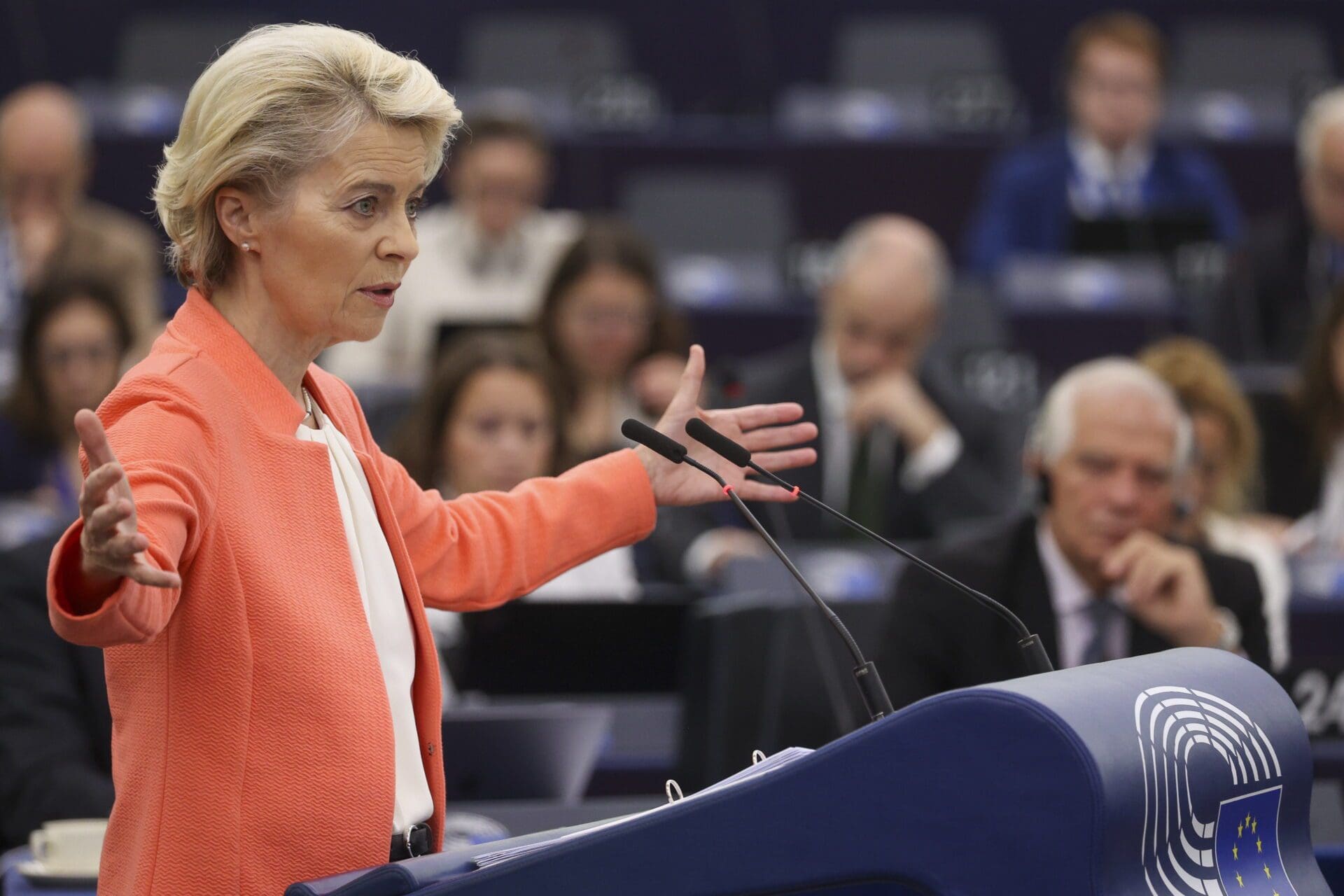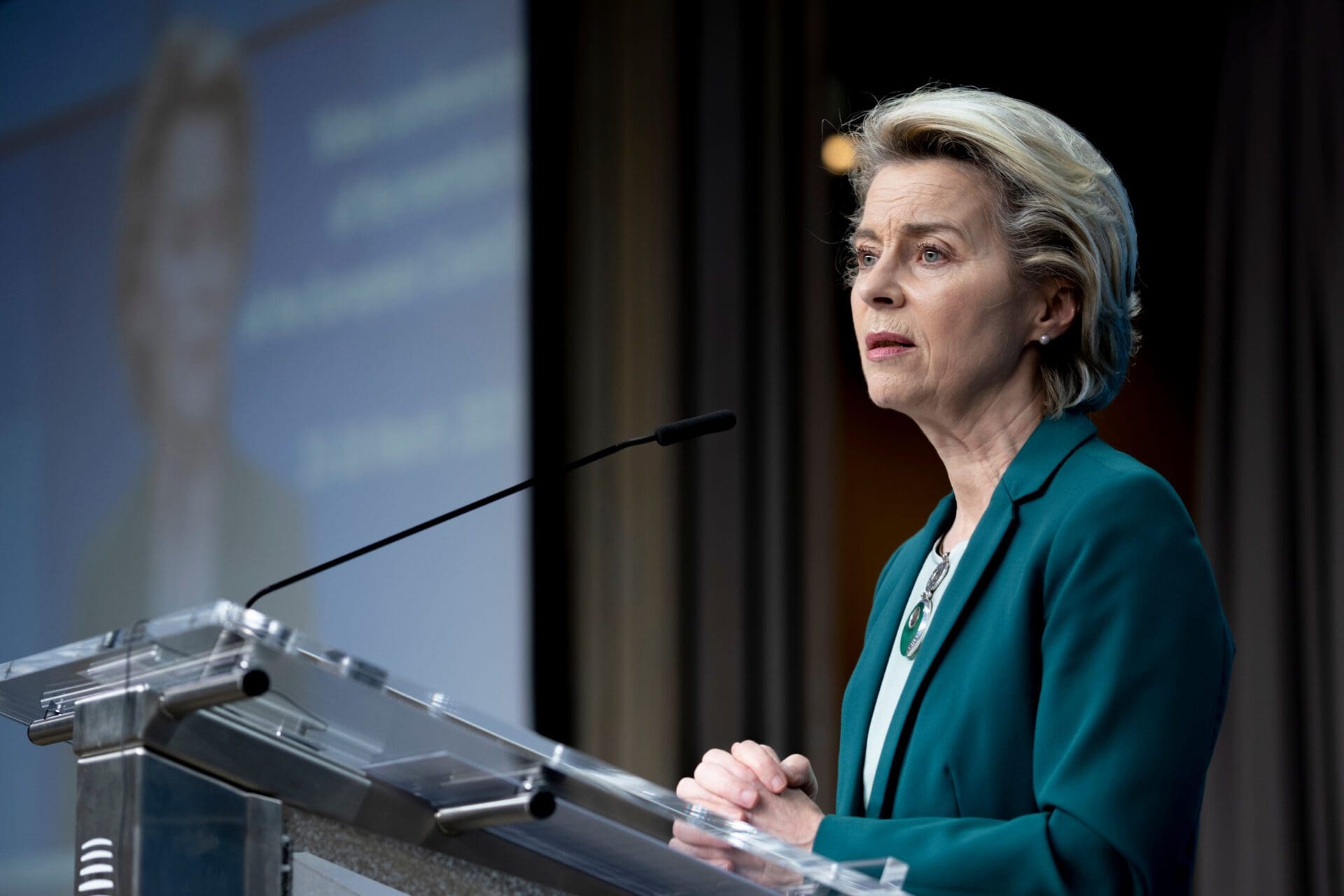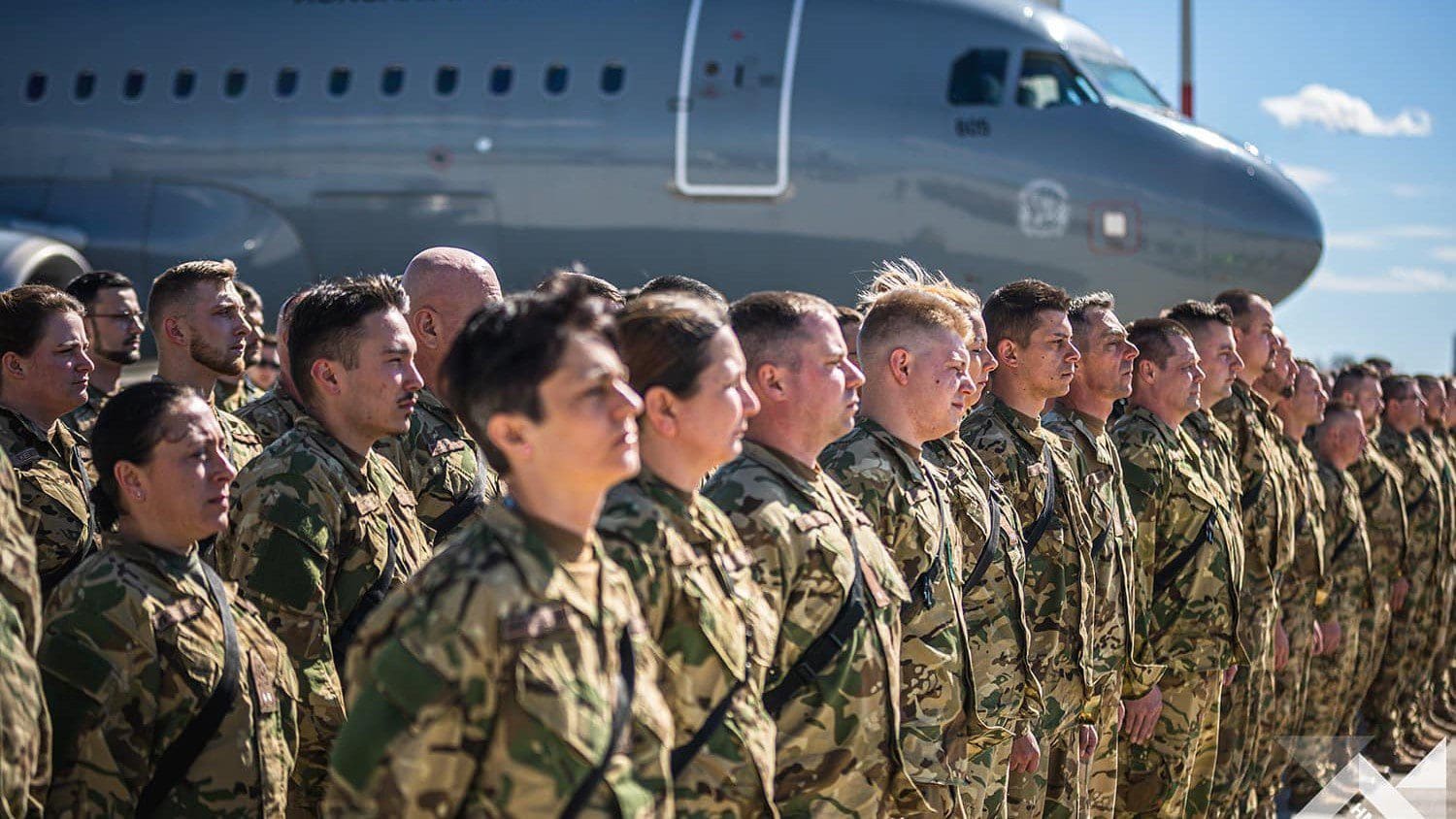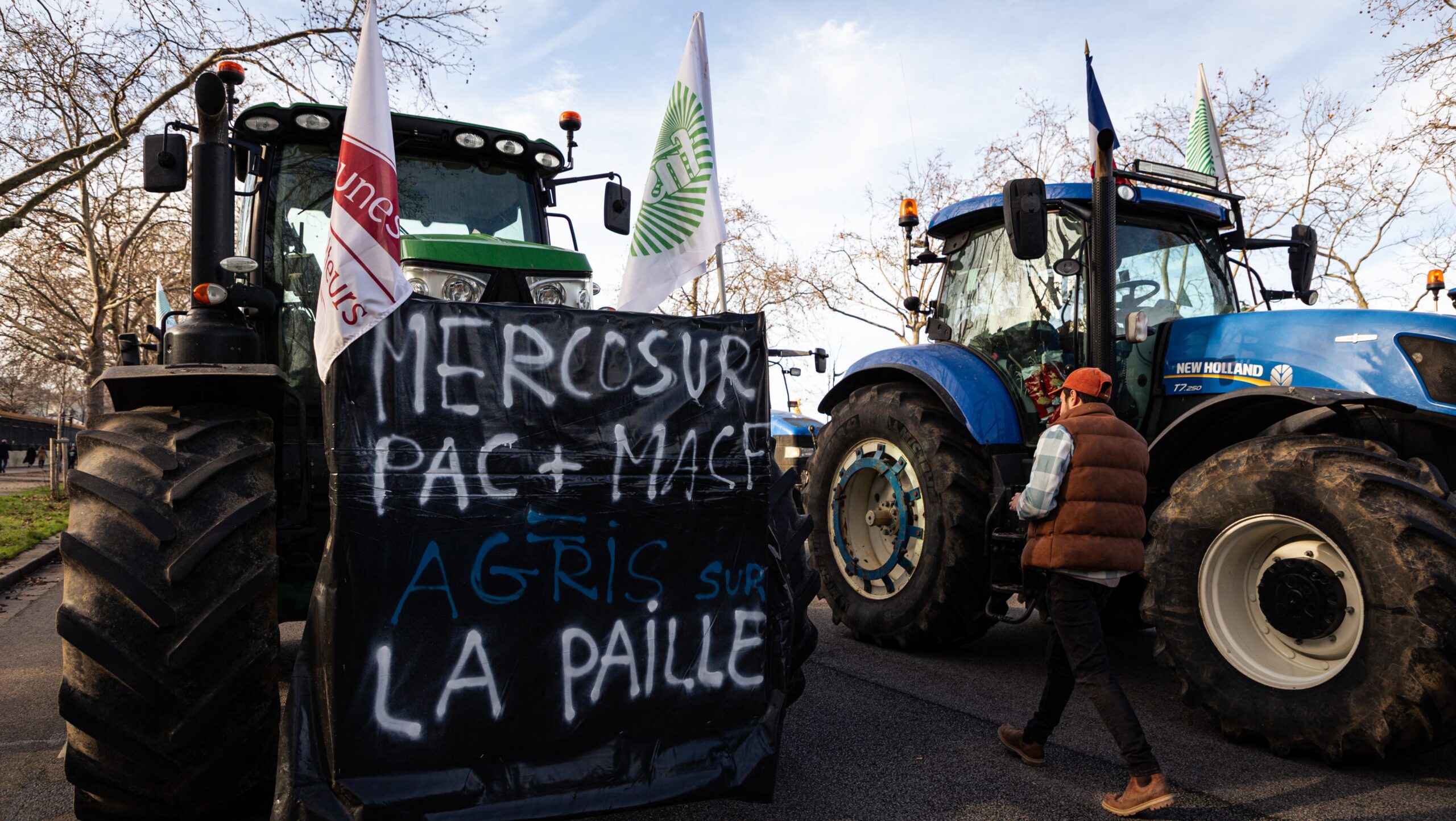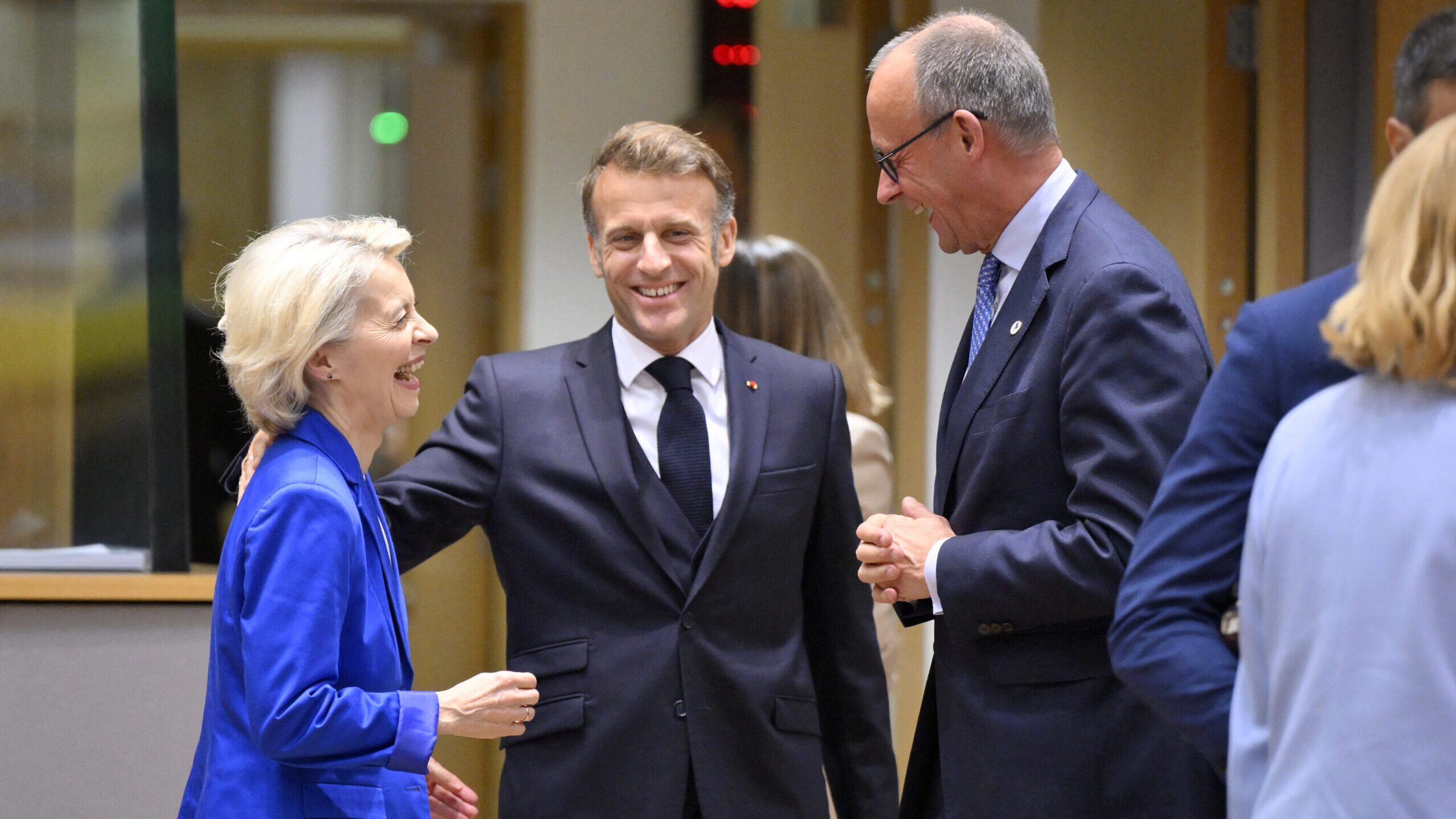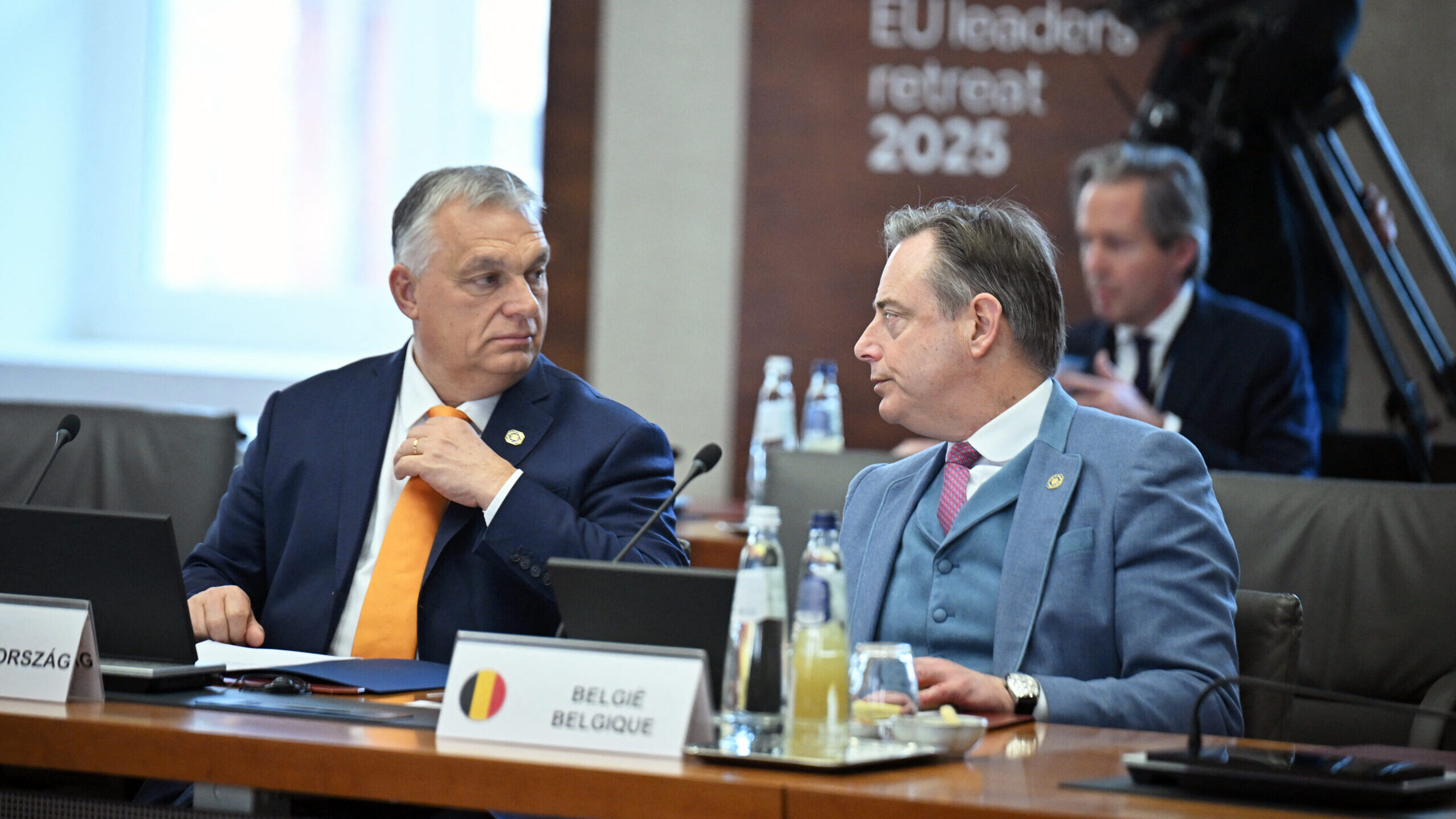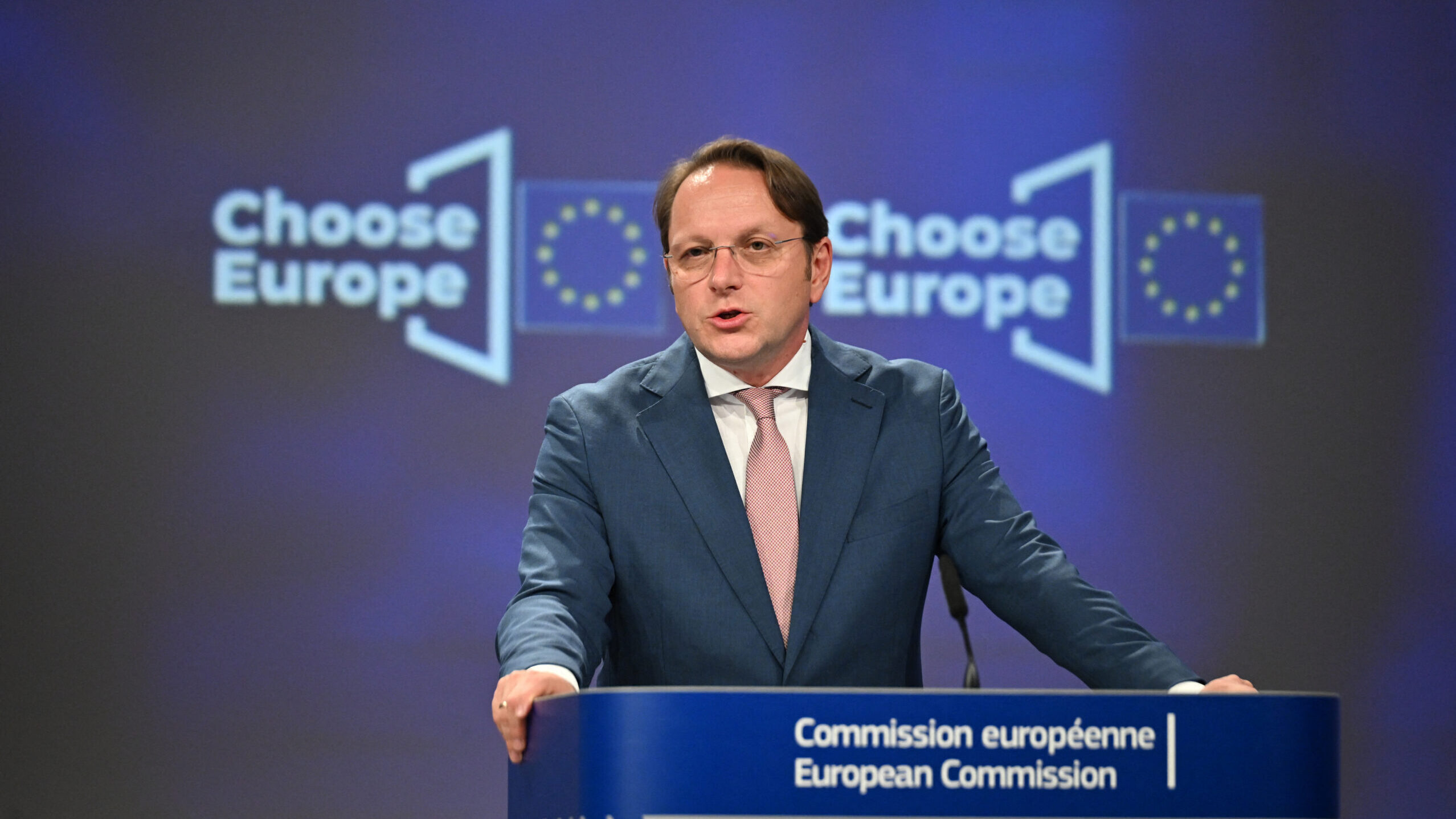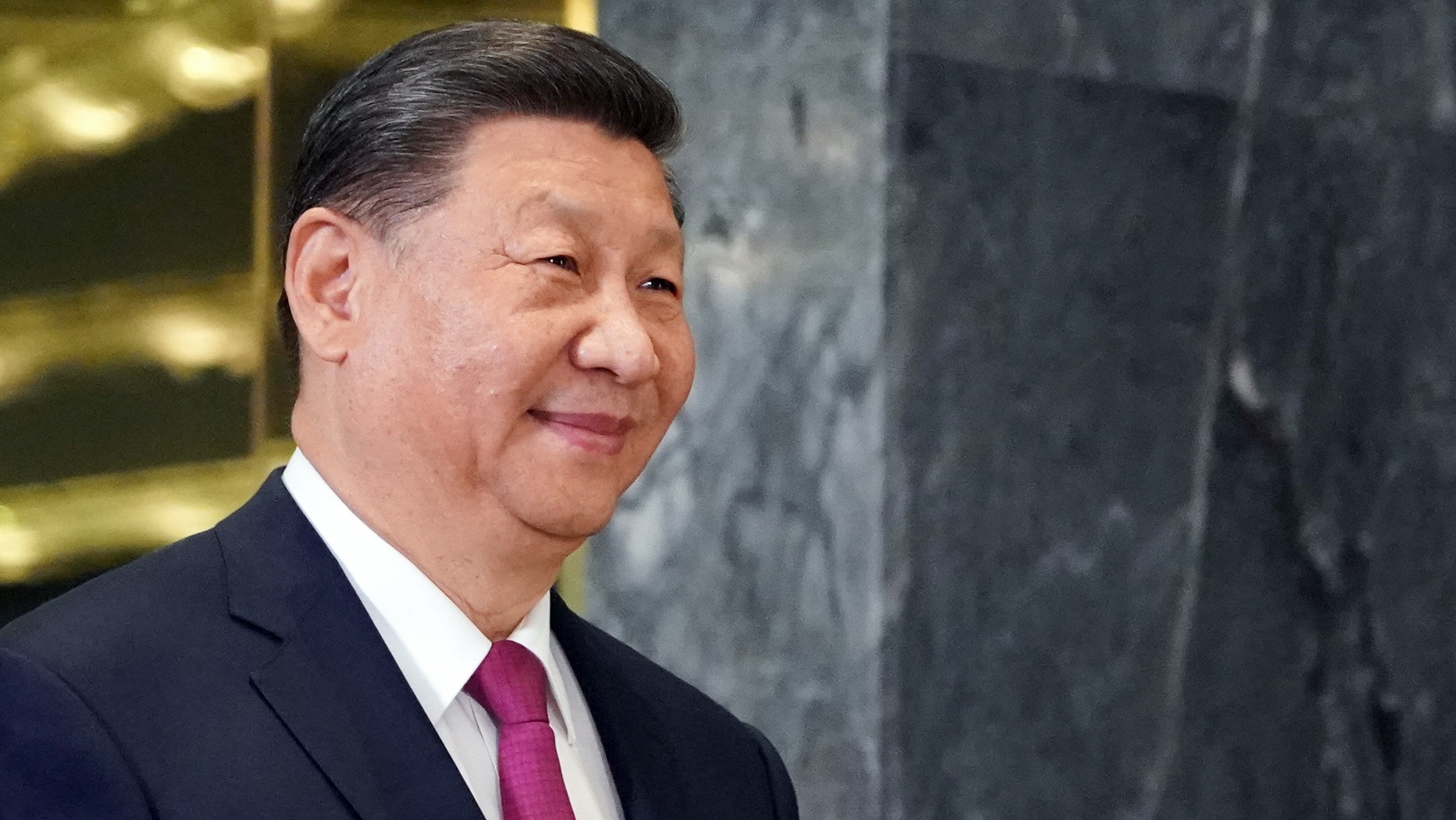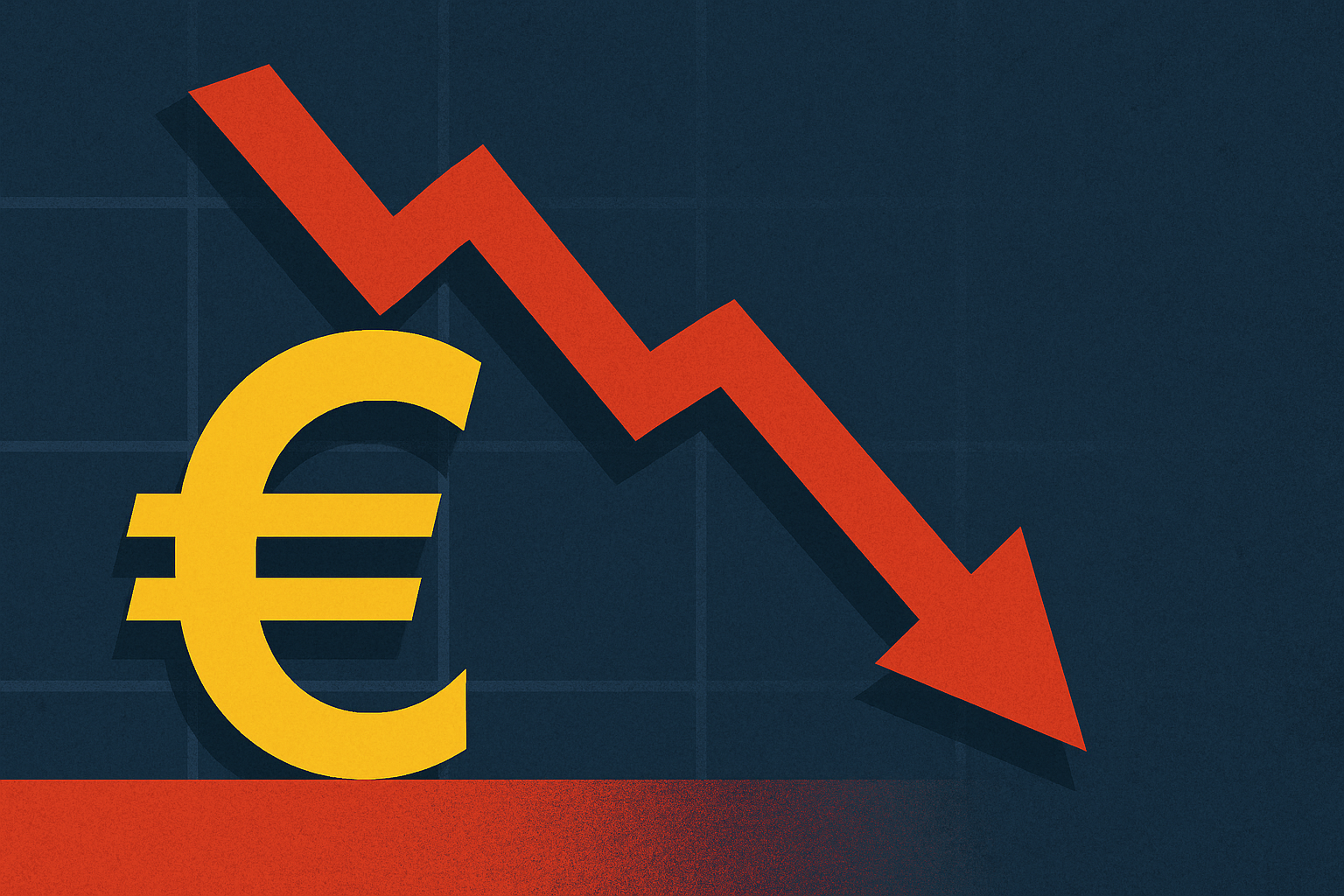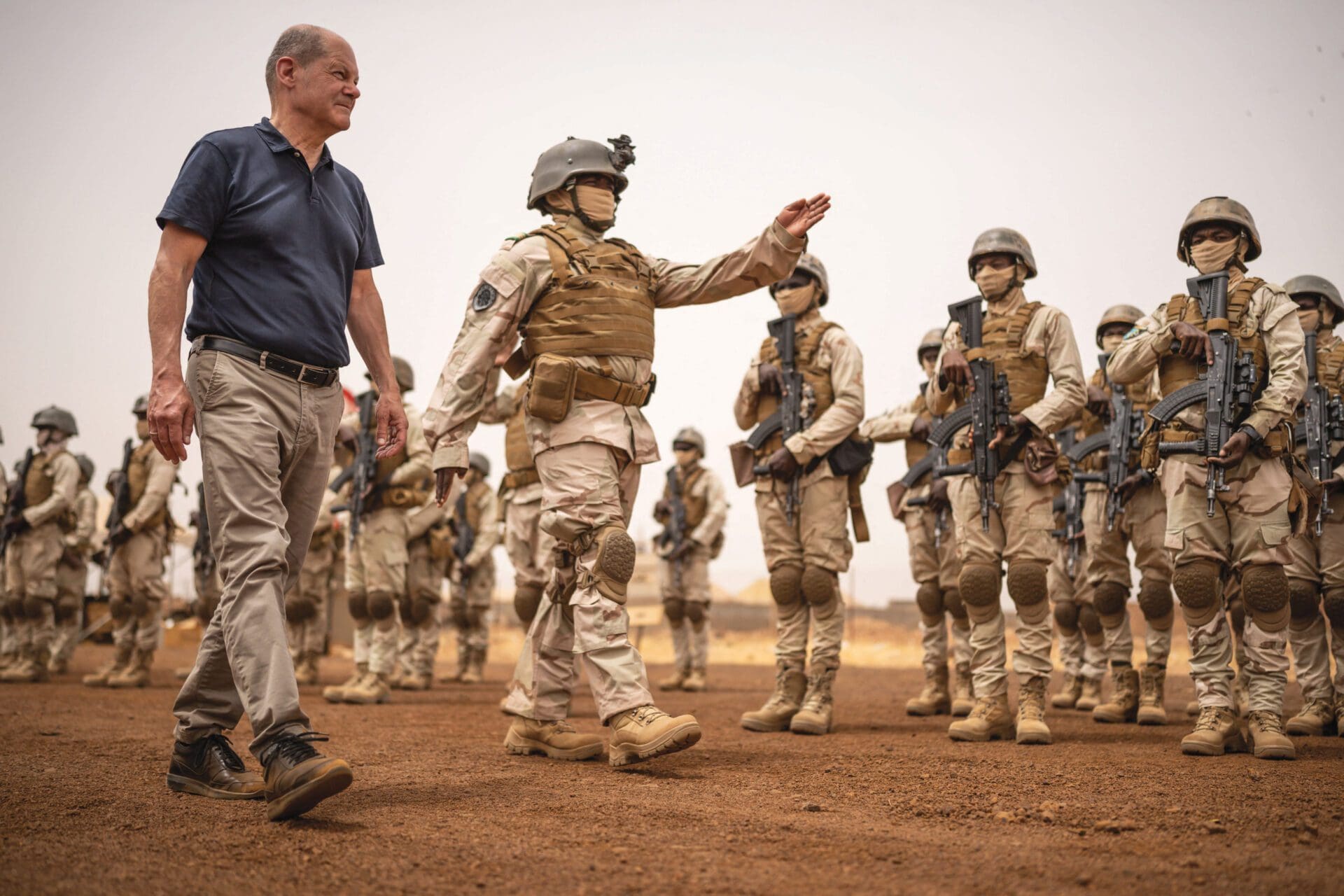
Giving the Eagle Back Its Claws: The Bundeswehr’s Future Modernization Programme
In the present circumstances, even the smallest change affecting the Bundeswehr could be the source of prolonged political debates that not only protract the deployment of forces and the acquisition of equipment, but also greatly hinder effectiveness.

